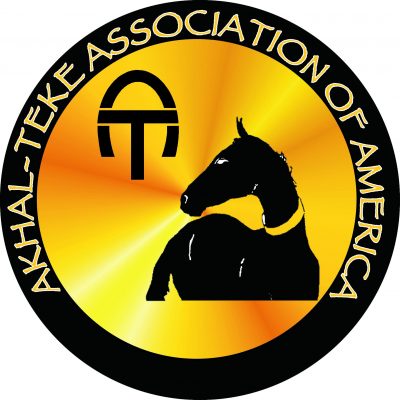This is an opportunity to have research done on possible DSLD in Akhal-Tekes. Dr Brounts has said that all information will be confidential and private and that if you have a horse with any sort of possible suspensory or ligament issue (doesn’t need to have an actual diagnosis of DSLD) please contact Dr. Brounts. I have told her that as far as I know, there are no confirmed DSLD cases in the AT, but this may prove differently. Let us take this excellent opportunity to learn more about our horse’s genetics! Please contact Dr. Brounts directly at the email cc’d above (and below) or by phone to find out more or to have your horse(s) tested either as a control or as a possible candidate. We are hoping to print the paper in the ATAA newsletter and online, once the research is completed. Cathy Subject: update on DSLD research grant in 2014 Dear Mrs Leddy, We have heard back again from the Morris Animal Foundation about our grant proposal looking into the genetics of degenerative suspensory ligament desmitis (DSLD). Our review was looked upon very favorable. They thought it was very innovative to compare the DNA of the Peruvian Paso horse with the Akhal Teke horse in this condition. We have been asked to resubmit the grant again in July, 2015. One of the recommendations given to us to succeed next time was to collect the DNA samples of the horses identified with DSLD, as well as the identified control horses in the Peruvian Paso horse. In addition to collect DNA samples of Akhal Teke horses with suspensory problems as well as control horses. With these samples, it would be possible for us to gather some preliminary data to address the remaining concerns. This data together with new letters of support would strengthen our proposal and that is where I would need your help again. As it is stated in our proposal, we would recruit samples from horses that are affected with the disease at any age and horses that were control horses (meaning not affected and at least 15 yrs. of age or older). Collecting as many samples as possible already and analysis of these samples could get us some preliminary data that we could add to our proposal. Therefore I would like to ask you if you would be willing to partner with us again on this research proposal. In addition, I would like to ask you if you have additional contacts of Akhal Teke owners/breeders that would be willing to participate in gathering of DNA samples. Just as a reminder, for this research project qualified horses will have either blood drawn or a mucosal swab performed to retrieve their DNA sample. The owners can perform the latter DNA collection themselves. There are no costs associated with these evaluations and we will mail the supplies to the owners once they are identified. The proposed work could lead to new discoveries of this degenerative disorder and greatly benefit any breed of horse. Please do not hesitate to contact me for further discussion of the details. I would be happy to arrange some time to discuss the whole process with you. Of course, I can be contacted by phone (608-263-7600 option #3) or if you prefer email, contact. Trusting to hear from you soon and looking forward to our working relationship.
With kind regards,
Sabrina H Brounts, DVM, MS,
Diplomate ACVS/ECVS,
Diplomate ACVSMR
Associate Professor,
Large Animal Surgery School of Veterinary Medicine
University of Wisconsin-Madison
2015 Linden Drive Madison,
WI 53706
Phone: (608)-263-7600
Fax: (608)-265-1098
With kind regards,
Sabrina H Brounts, DVM, MS,
Diplomate ACVS/ECVS,
Diplomate ACVSMR
Associate Professor,
Large Animal Surgery School of Veterinary Medicine
University of Wisconsin-Madison
2015 Linden Drive Madison,
WI 53706
Phone: (608)-263-7600
Fax: (608)-265-1098


What lovely horses!